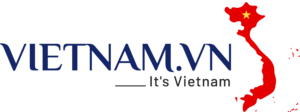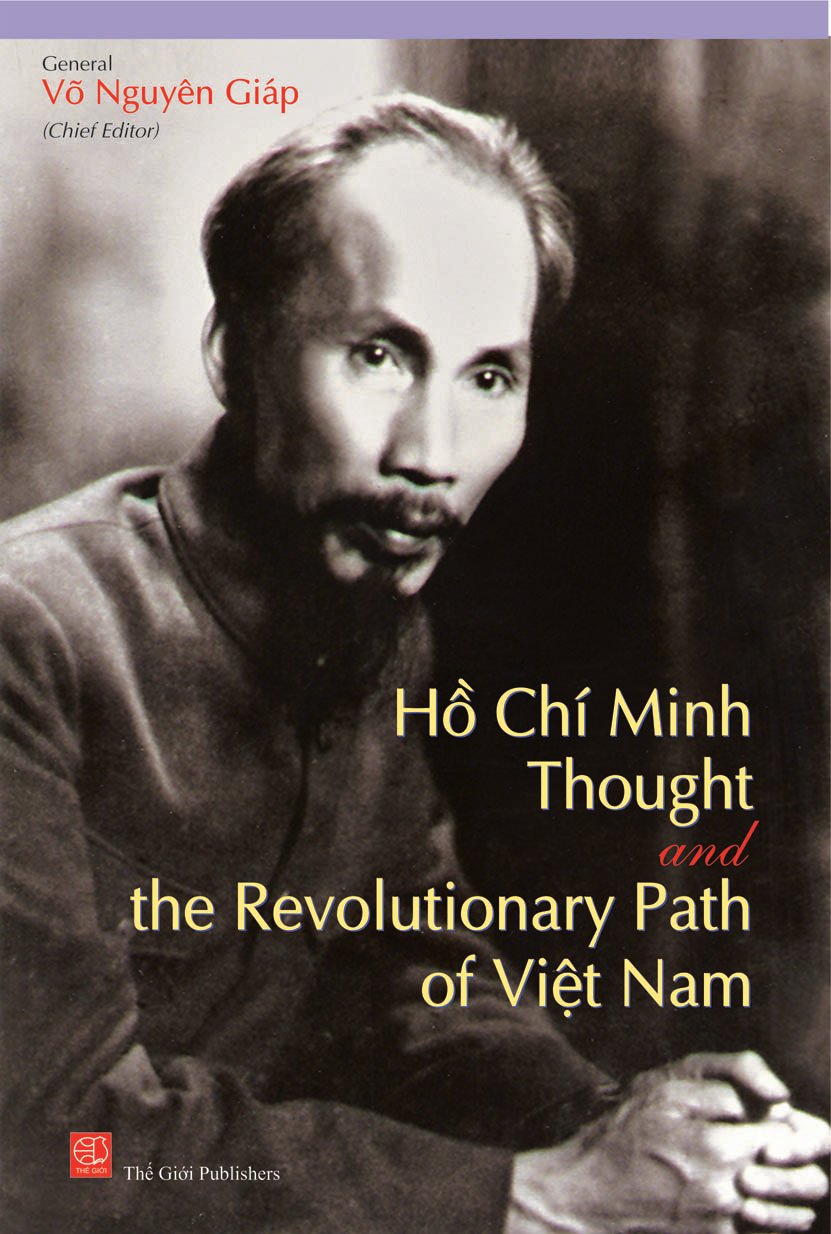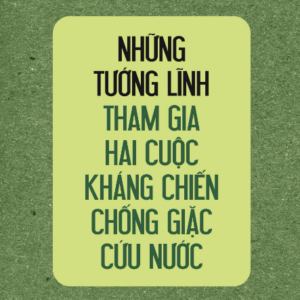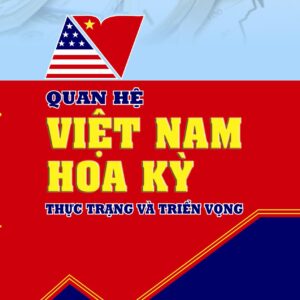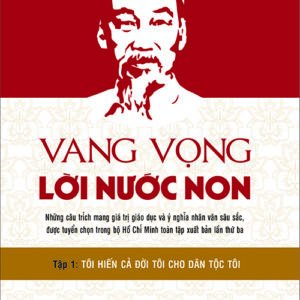Mô tả
The history of various nations usually involves great men and women whose lives and careers, thinking and actions are closely associated with vivid and eventful periods in the history of these nations and their eras, which reflect the wills and aspirations of these nations and their contributions to the development of the epoch. Hồ Chí Minh is one of them.
President Hồ Chí Minh’s life and activities are closely linked to the historical development of the world and of his country from the early twentieth century to the late 1960s. He made great contributions to the Vietnamese revolution and important contributions to the communist and workers movement and the national liberation movements throughout the world.
From 1860–1870 onward, Western capitalism shifted from free competition capitalism to monopoly capitalism and imperialism, from expanding trading markets to colonial conquest, expansion and rule in various forms over most of the Asian, African and Latin American countries.
Along with acute contradictions between the bourgeoisie and the proletarian class in capitalist countries and contradictions among capitalist and imperialist countries, there also emerged contradictions between the peoples of colonies and dependent countries with the imperialist and colonial powers, contradictions which developed in depth and breadth with every passing day and became an extremely deep contradiction of the era.
Marxism came into being in 1848, with the appearance of The Communist Manifesto, which discovered the law of the inevitable destruction of capitalism and the birth of socialism and communism. Through half a century of struggle against bourgeois ideology and opportunist trends of various colors, Marxism, which started as “the specter of communism,” has become the orthodox ideology of the world communist and workers movement.
Ngôn ngữ: tiếng Anh
Khổ sách: 14 x 20,5cm
Số trang: 438 trang
